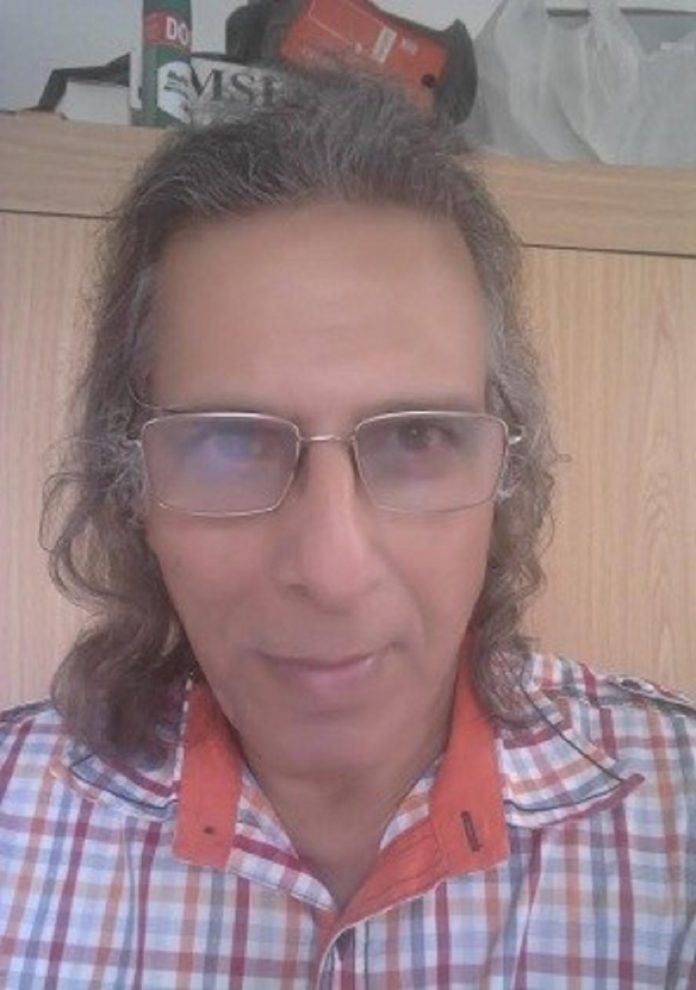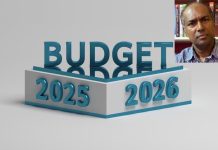What is the Ministry of Education doing to protect our State institutions against the amount of bogus qualifications in this country? Many foreign diploma mills employ local agents to do their canvassing in Third World countries, like Mauritius in order to recruit students for “Distance Learning Courses”. Those diplomas and degrees are not approved at all by the Education authorities of many countries.
There are about 4000 diploma mills and 3000 counterfeit diploma websites, according to John Bear, author of Bear’s Guide to Earning Degrees by Distance Learning. He studies diploma mills and gives tips to FBI and other Federal Agencies on detecting degree fraud. Some fake universities in Europe have made as much as £50 million a year and have as many as 15000 “ graduates” a year. The number of fake accrediting organizations set by con artists to provide diploma mills is mushrooming.
Even in Mauritius we are not safe regarding bogus degrees. A retired employee from the defunct National Accredited Equivalence Council (NAEC) in Mauritius now taking another name of Mauritius Qualification Authority (MQA) said: “ In my time of office we have seen so many overeseas degrees from Mauritian “graduates” who applied for equivalence been rejected due to bogus types. It’s gone high-tech and global in nature. That’s something we have never had to deal before”.
Almost every degree from Aviation to Zoology can be purchased these days. All it takes is a credit card number and computer access. Many diploma mills charge a fee from $50 to $5000 for a bachelor degree, a masters, a PhD or another degree. Often buyers have to provide money to get a professional looking sheepskin and transcript they can show potential employers. Other diploma mills require buyers to complete cursory work, such as writing a short essay, before sending out the degree.
In Mauritius, the government is offering loan to students to further their education, even through Distance Educational Learning. The idea behind is worthy of praise because it helps to produce more knowledgeable and productive work as, but the real threat to the interest of the students and the economy of the country is how and who are those responsible for implementing this policy which unfortunately may give rise to bogus and unworthy paper qualification. How deep is the involvement of our academics in bogus degrees? That is the question!
It is high time for the government to investigate how many top civil servants in our education institutions in Mauritius are shareholders in certain private institutions offering bogus degrees and diplomas.
Only recently Doordarshan TV in India had a program about how students, even civil servants managed to get bogus diplomas or advanced knowledge of forthcoming examination papers from ‘bona fide’ universities. This means that our government must be extra careful when assessing qualifications obtained from certain foreign countries engaged in Distant Education.
Diploma mills can be difficult to trace because they usually use mail drops and multiple addresses. Numerous degree mills operate in the internet, where they often masquerade as institutions of distance learning. Legitimate distance-learning providers are recognised in the countries where they are located and their status can be verified by contacting the relevant educational authorities.
Most degree mills also claim accreditations by one or more fictitious “national” “international” “world-wide ” or “global” accrediting agencies. Verifying the existence and status of an institution is an essential step when reviewing educational documents. How to spot them? There are several types of diploma mills. Some are out right scams that sell degrees or diplomas without requiring any work what so ever.
Other diploma mills appear more ambiguous in terms of their legitimacy, offering short term degrees in exchange for some form of academic work, such as a thesis or dissertation. These organisations, according to experts, are the most dangerous kind of diploma mills because they appear to be legitimate.
If an institution is not accredited by an agency recognised by the authority, chances are it is a diploma mills. However, accreditation does not necessarily guarantee legitimacy. There are many fake accrediting agencies about that will put their stamps of approval on just any program with no questions asked. In many cases, the accrediting agencies in question are merely self-servicing organization set up by the diploma mills themselves.
AHMAD MACKY
NOTE : Les points de vue exprimés dans cette rubrique ne reflètent pas nécessairement ceux de la rédaction.



![[Khutbah – La réflexion du Vendredi] Gaza : Le piège de l’oubli ou la stratégie de la diversion](https://sundaytimesmauritius.com/wp-content/uploads/2025/06/gaza-netzarim-corridor-humanitaire-218x150.jpg)



![[Yoga] A shared legacy, a shared future](https://sundaytimesmauritius.com/wp-content/uploads/2025/06/Yoga-Article-HC-218x150.jpg)
![[Khutbah – La Réflexion du Vendredi] Tawakkul, la confiance absolue en Allah (swt)](https://sundaytimesmauritius.com/wp-content/uploads/2025/06/Tawakkul-218x150.jpg)
![[Conseillers du MSM] Cumul de postes sur les boards : Un système lucratif d’enrichissement personnel](https://sundaytimesmauritius.com/wp-content/uploads/2025/06/pic-2-150x150.jpg)
![[National Agency for Drug Control] Sam Lauthan : « C’est tous ensemble qu’on vaincra la mafia »](https://sundaytimesmauritius.com/wp-content/uploads/2025/06/WhatsApp-Image-2023-02-16-at-4.22.48-PM-e1738665704593-150x150.jpeg)
![[OMCA Foundation] Un dîner de gala pour soutenir l’accès aux soins des plus démunis](https://sundaytimesmauritius.com/wp-content/uploads/2025/06/f960dc68-ed3e-4619-ae8e-dd8f374d07c4-150x150.jpg)

![[Conseillers du MSM] Cumul de postes sur les boards : Un système lucratif d’enrichissement personnel](https://sundaytimesmauritius.com/wp-content/uploads/2025/06/pic-2-100x70.jpg)
![[National Agency for Drug Control] Sam Lauthan : « C’est tous ensemble qu’on vaincra la mafia »](https://sundaytimesmauritius.com/wp-content/uploads/2025/06/WhatsApp-Image-2023-02-16-at-4.22.48-PM-e1738665704593-100x70.jpeg)
![[OMCA Foundation] Un dîner de gala pour soutenir l’accès aux soins des plus démunis](https://sundaytimesmauritius.com/wp-content/uploads/2025/06/f960dc68-ed3e-4619-ae8e-dd8f374d07c4-100x70.jpg)